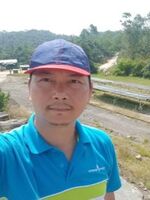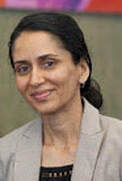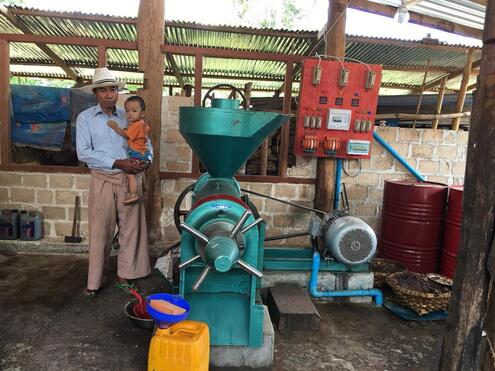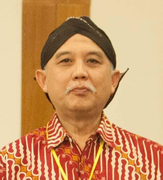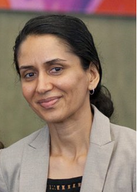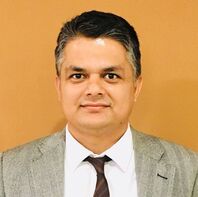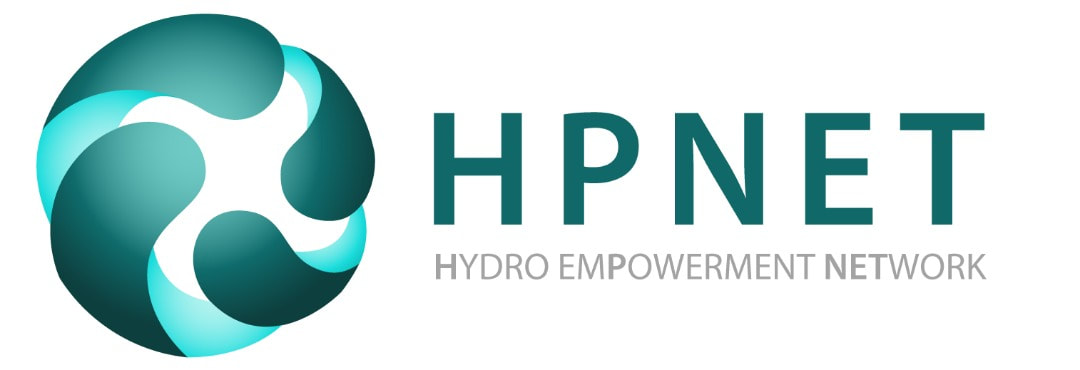The webinar covered:
- The basic criteria for a robust integrated energy planning process
- Examples of country-wide and sub-region programs in Africa and Asia that are advancing integrated energy planning and their hindsight
- Voices of a diverse set of energy planning practitioners – including a private utility, national government, international development partner, and scientific research institute
- Tools and processes for integrated energy mapping, modelling, and planning
Challenges and potential solutions that require further support and strategy.
This webinar was made possible by Wisions and Energypedia UG.

